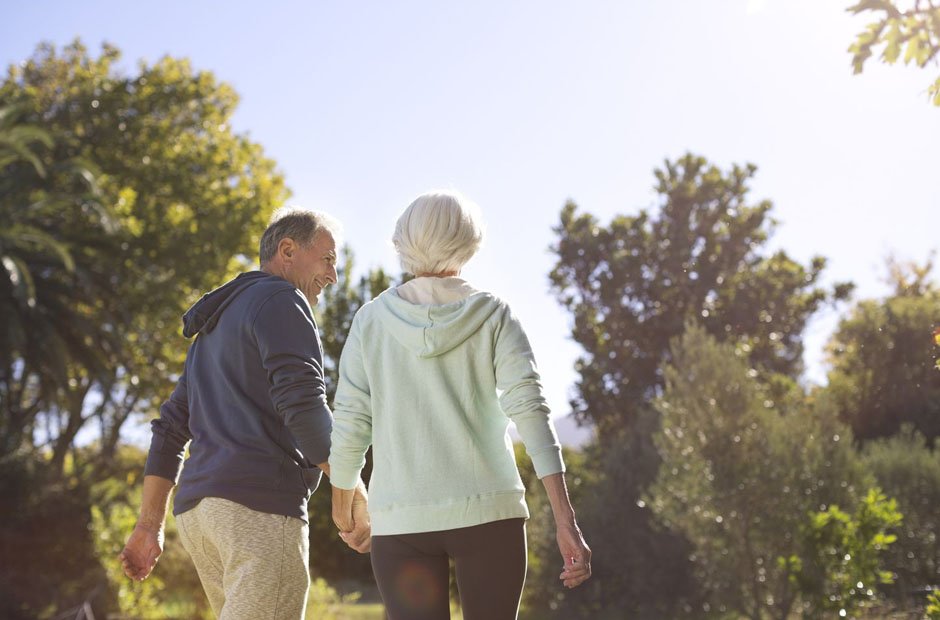Time outdoors could be one of the greatest means of improving mental and physical wellness. Daily time outdoors, from short walks to more vigorous exercise, reduces stress, elevates mood, and strengthens the body. Day by day, the small choices of life build habits of a balanced and fulfilling life. You might have a vast park or just a small balcony, but building patterns outdoors has enduring benefits.
Historical Note:
Throughout human history, people have depended on outdoor living to survive, labor, and play. In ancient Greek cities, common gathering places known as “agoras” were focal points of community life, where individuals congregated socially, politically, and culturally under the open sky. Early American settlers likewise tended to construct homes featuring porches, promoting time outdoors to commune with neighbors and take in fresh air. These patterns demonstrate the enduring importance of including outdoor interludes in everyday life, not only to survive but to nurture well-being and community spirit.
Morning Sunlight Benefits
Morning sunlight is a gentle but powerful way to start your day. It helps regulate your sleep cycle, boost your energy, and lift your mood. Just a few minutes outside can make you feel more awake and ready for the day. Sunlight also supports vitamin D production, which is important for strong bones and a healthy immune system. Whether it’s sitting on your porch, taking a walk, or enjoying coffee outside, the habit connects you to the natural rhythm of the day. It’s a simple step that can create a sense of peace and stability, much like the routines encouraged at Legacy Healing Center.
Pair with light stretching or a short walk
Morning light does more than wake you up. It tells your body it’s time to be alert and active, which can improve focus and productivity. Exposure to natural light early in the day also helps you fall asleep more easily at night. For those who feel sluggish in the morning, this practice can make a real difference over time. It’s especially helpful during shorter winter days, as it keeps your internal clock steady. Even on cloudy mornings, getting outside still provides these benefits. Make it a small, non-negotiable part of your day, and you’ll notice the impact not only on your physical health but also on your overall mood and outlook.
Walking for Mind Clarity
- Choose a time of day you can walk regularly
- Pick routes that feel pleasant and safe
- Keep a steady, relaxed walking pace
- Limit distractions like your phone or loud music
Observation: A young man began walking after dinner to ease stress from work. At first, it was just for movement, but he soon noticed his thoughts clearing and creative ideas surfacing. He started to look forward to these walks as a time for himself.
Walking helps more than just your body. The gentle rhythm of your steps and the change of scenery give your mind space to reset. It’s an easy way to release tension and gain fresh perspective on daily challenges. Even short walks can lift your mood, improve focus, and help you process thoughts more clearly. This makes it a valuable habit for anyone looking to combine light exercise with mental clarity. Over time, you may find that walking becomes one of the most calming and productive parts of your day.
Social Connections Outside
How does spending time outdoors enhance mental health?
Time outdoors among others can improve mood, decrease stress, and improve relationships. Fresh air and nature help individuals feel relaxed, and being around others offers psychological support. Together, these elements decrease loneliness and improve happiness levels.
What are simple ways to spend time with friends outdoors?
Meet at a local park for a walk, join a community sports group, or host small gatherings in your backyard. Even simple activities like sitting on a porch and chatting can build connections.
Why does community contact contribute to well-being?
Membership in a community helps create a sense of belonging. Furthermore, community membership allows the ability to share assets, information exchange, and encouragement. Often, sites outdoors seem to have the conversation flow more easily, allowing greater bonds to form. Repeated use of outdoors meetings assists in helping the bonds be kept in place, supplying an ever-present amount of joy and encouragement in regular everyday life.
Gardening and Stress Relief
Gardening is more than planting flowers or vegetables — it is a form of therapy for the mind and body. It offers gentle physical activity, a chance to work with nature, and a calming escape from screens and noise.
- Start with easy-to-grow plants for quick success
- Dedicate a small, manageable space for gardening
- Use gardening time to practice mindfulness
- Include a mix of colors and scents to uplift mood
- Schedule regular watering and care times
- Share your harvest or flowers with friends
By adding these small steps to your routine, you make gardening both enjoyable and sustainable. This outdoor habit encourages patience and a sense of accomplishment. Over time, it can reduce stress levels and improve your overall mood, making it a rewarding practice that nurtures both your environment and your inner well-being.
Outdoor Fitness Ideas
A community wellness organization in Oregon began a simple weekend practice of gathering at the park for group exercise classes. These involved stretching, jogging, and bodyweight exercises of an age-neutral nature. The classes expanded from a mere five participants to more than thirty in a matter of months, with participants citing better mood, weight loss, and greater community connection.
34% of respondents reported they had more energy throughout the week they were participating in outdoor workouts
Among participants was a retired teacher who said that she used to give memberships to gyms a shot but was never consistent. She added, though, that exercises outdoors gave her some fresh air and social encouragement to keep going. She said the uplifting group atmosphere was an added factor of her consistency.
Exercise experts concur that working outdoors helps improve results due to the fact that the natural environment decreases effort perceived. This further implies individuals tend to exercise for longer periods without extreme fatigue. Morning exercises under sunlight exposure may further enhance sleeping habits and vitamin D levels.
Outdoor exercise does not need costly gear or club memberships. Exercises such as yoga in the park, hiking, or cycling are easily modified to fit anyone’s level of training. Beginning with short, regular sessions can lead to lifelong habits of good health.
Lasting Wellness Outdoors
Establishing outside routines to foster lifelong health is a personal journey that matures with age. Adding regular outdoor interludes to daily life provides a sound groundwork of health, happiness, and vitality. Fresh air, exercise, and exposure to the outdoors work together to balance life out. Start doing something little outside this week and make a habit of it. Your mind and body will reward the investment you have made in them.



